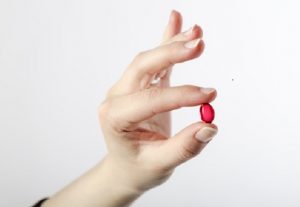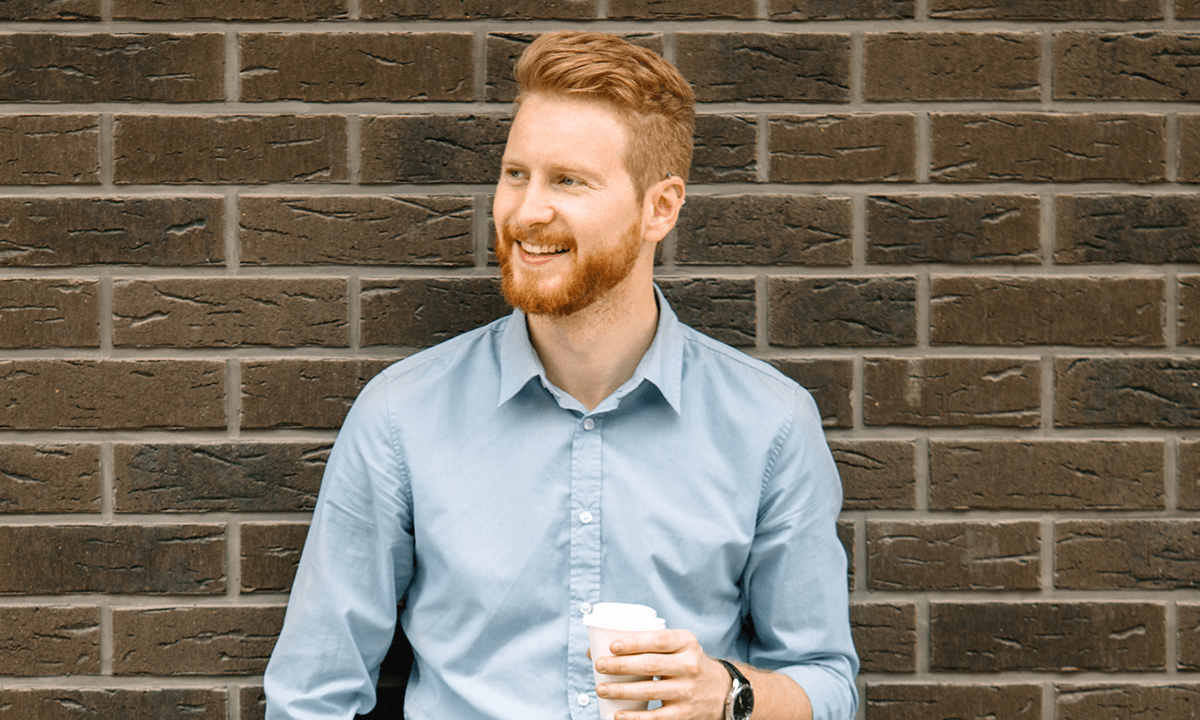It is true that you cannot do much about balding if it is genetic, or if you’re at a certain age when hair loss starts to be an issue. You can, however improve your nutrition and possible slow your hair loss down to a manageable rate.
Men as young as 30 begin losing their hair and the percentage crosses the 60 percent mark for men age 60 and over. Women even notice hair loss by age 50.

It’s no secret that good nutrition and the right amount of vitamins and minerals improve overall health, along with the vibrancy and good health of your hair. Studies show that there are some vitamins and mineral that particularly aid in maintaining healthy scalp and hair. The list looks something like this.
Vitamin E — Contributes to healthier hair and skin and general well-being.
Iron – Premenopausal women commonly suffer from a lack of iron, which has a symptom of hair thinning or loss. Anemia also makes the hair dull and lifeless.
Vitamin B12 – Aside from contributing to different kinds of anemia, a vitamin B12 deficiency causes your hair to thin and turn grey sooner.
Zinc – Is your hair dry and brittle and breaks easily? You need more zinc in your diet. Lack of it can also make your hair turn white.
Vitamin C – Hair follicles can become clogged with a lack of vitamin C in your diet. This causes the hair to become ingrown and weaker. If you don’t eat fruit or fruit juice, take a vitamin C supplement.
Vitamin B3 – Commonly known as niacin, vitamin B3 deficiency is seen in people with hair loss or hair thinning.
Other key nutrients for healthier hair and scalp are folic acid, biotin, magnesium, inositol, and sulfur.



